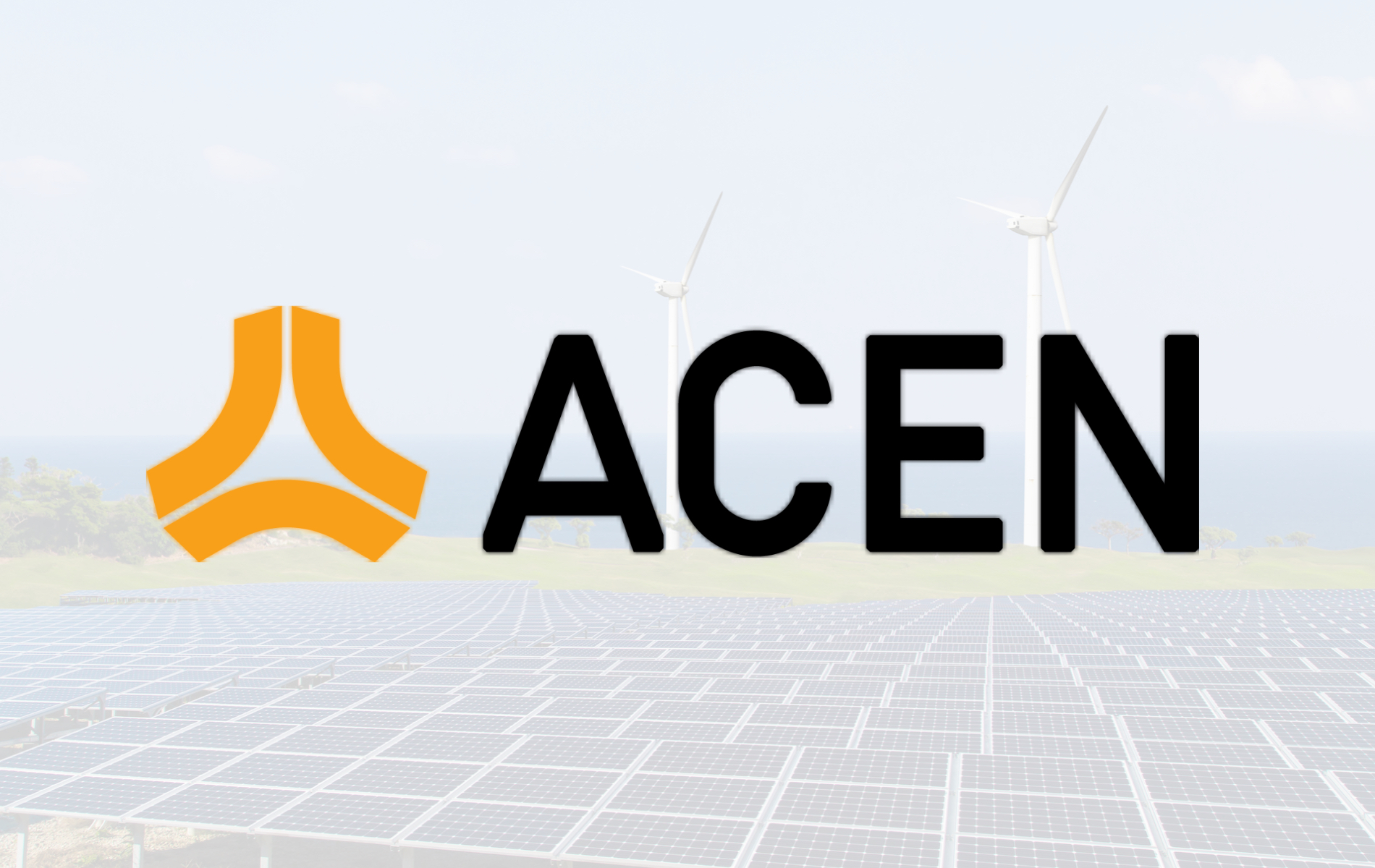ACEN applauds DOE on diversification to clean energy sources
- December 4, 2023
- 0

ACEN Corporation has commended the government’s campaign to expand the country’s clean energy options.
In a report by the Philippine Star, ACEN’s President and CEO, Eric Francia, acknowledged the Department of Energy’s (DOE) efforts to diversify clean energy sources and offered support for them.
Francia highlighted the importance of exploring offshore wind and nuclear energy to contribute to the country’s efforts to achieve a sustainable future. Though there are potential challenges and uncertainties associated with offshore wind and nuclear energy, he stressed the importance of considering these options for the long term.
Francia also identified “low-hanging fruits” in the form of ground-mounted solar, onshore wind, and imminent floating solar projects as immediate opportunities.
In the government’s attempts to expand the country’s energy sources, Energy Secretary Raphael Lotilla emphasized the value of making decisions based on scientific evidence.
The Philippine Energy Plan (PEP) for 2023 to 2050 outlines two scenarios: a reference scenario and a clean energy scenario.
The reference scenario aims for a renewable share in the energy mix of 35% by 2030 and 50% by 2050 which reflects the current development trends and strategies.
In contrast, the clean energy scenario targets a renewable energy share of 35% by 2030, 50% by 2040, and over 50% by 2050.
The plan also considers the introduction of nuclear energy, with capacities of 1,200 MW by 2032, 2,400 MW by 2035, and 4,800 MW by 2050.
ACEN is looking to create 1,100 MW of wind and solar capacity, of which 700 MW should be operational over the next three to six months.
In August, the Laguna Lake Development Authority and ACEN signed a contract area usage agreement in August for the leasing of 800 hectares of renewable energy resources.
One of ACEN’s goals is to build a massive floating solar project in Laguna Lake, which should offer a 1,000 MW capacity.